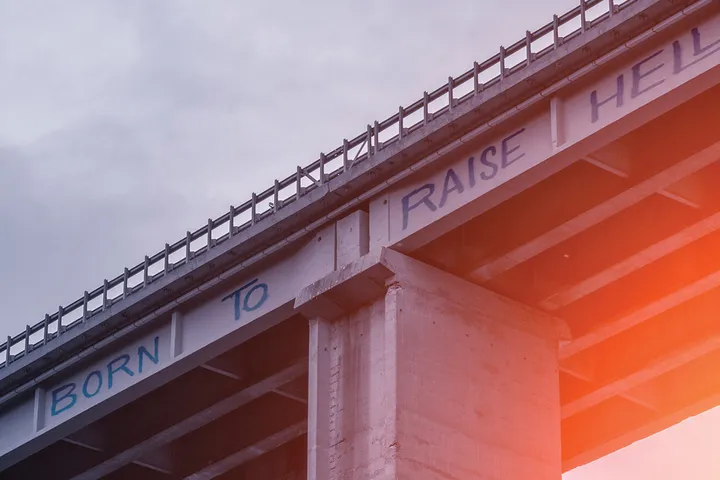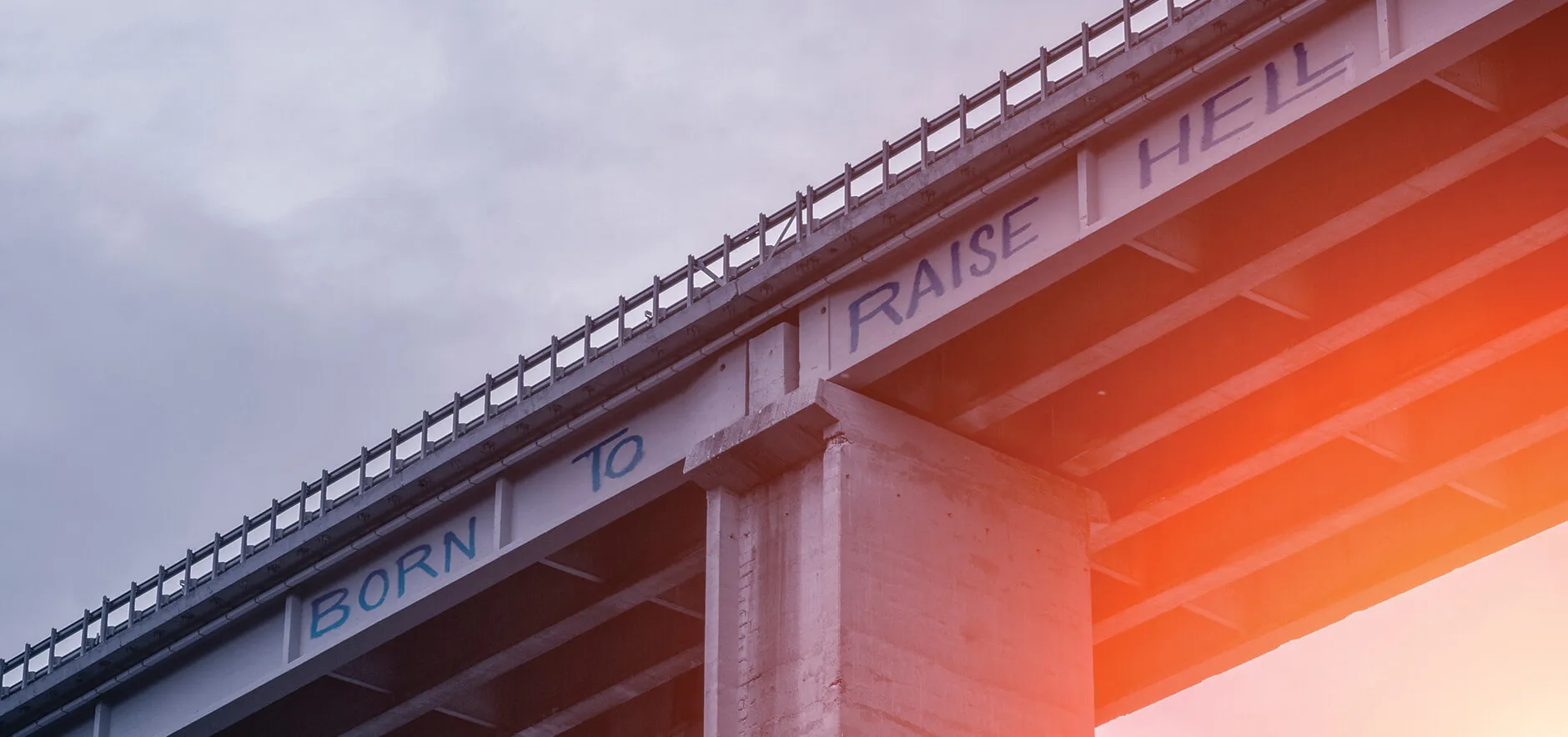Why don’t we sacrifice animals in church? I wondered this at the age of eight or nine, after thumbing through Leviticus and lingering on some of the book’s instructions for presenting offerings to the Lord Christians follow the teachings of the Bible—and Leviticus is in the Bible, right? So why don’t we offer animal sacrifices to God, as Leviticus says we should?

Not that I could imagine anything so graphic—or so messy—happening in a church. Although I’d once seen my dad slip and send a tray of communion cups flying in a service. But the grape juice dripping down the pulpit couldn’t compete with Leviticus, which seemed to be awash in blood.
My childhood self eventually understood I would never see a pastor carve up a cow during worship, and that it had something to do with the sacrifice of Jesus. The scriptural underpinnings for this, however, eluded me.
Before I ever attempted to read the Bible in its entirety as an adult, I understood this much: The authors of the New Testament could write about the crucifixion of Christ—the Lamb of God—and its propitiatory power because the link between animal sacrifice and atonement had long been established in Jewish tradition. But I simply couldn’t point to specific Bible verses that provided a rationale for the abandonment of animal sacrifice.
When I read the book of Hebrews, I encountered two passages that must have guided the early church with regard to these matters. The first, Hebrews 7:23-24 (NIV), reads, “Now there have been many of those priests, since death prevented them from continuing in office; but because Jesus lives forever, he has a permanent priesthood.”
My childhood self eventually understood I would never see a pastor carve up a cow during worship.
Here, Jesus takes over the duties—sacrifices included—of the high priests, and with finality. No new applicants need apply.
Hebrews 9:25-26 (NIV) continues, “Nor did [Jesus] enter heaven to offer himself again and again, the way the high priest enters the Most Holy Place every year with blood that is not his own ... [Jesus] has appeared once for all at the culmination of the ages to do away with sin by the sacrifice of himself.”
In the words of Elvina M. Hall’s hymn, here “Jesus paid it all.” Christians do not sacrifice animals, then, because the One who holds the office of high priest—the One who would perform all such rituals—has provided the ultimate sacrifice in the form of Himself, and “[done] away with sin” forever.
As I read these two passages, I pictured the high priests who preceded Jesus interceding for God’s people. With each sacrifice they presented, Yahweh opened a floodgate of forgiveness capable of washing away sin, at least for the time being.
I use the word “floodgate” because the Bible is not only saturated with blood, but sopping wet with water as well. Wring this waterlogged book, and the flood of Genesis drips from its pages. The Jordan River courses through its story, cleansing Naaman of his leprosy, and baptizing Jesus, who is Himself the Water of Life.
Christians do not sacrifice animals because the One who holds the office of high priest has provided the ultimate sacrifice in the form of Himself.
When one high priest passed away, the next needed to offer animal sacrifices, too, in order to ensure that the waters of mercy might flow anew for God’s people. When the high priests returned to “the Most Holy Place every year,” then, it’s almost as if drought drove them to do so. I imagine the ground becoming visible in the channel that carries the flow of forgiveness—in some places, it’s dry and cracking.
When the waters of mercy rose again, the people waded in hip-deep. Surely they could feel the bottom underfoot—could feel the finiteness of this dispensation of grace.
With the sacrifice of Jesus, God ushered an ocean of forgiveness into the world. The priests no longer needed to offer atoning sacrifices—no longer needed to open the floodgates—because such acts would have been superfluous. No one looks at the ocean, after all, and says, “It needs more water.”
God’s people can rejoice, for this ocean remains today. When the weight of our sins threatens to sink us, we can stay afloat—forever buoyed by the forgiveness of Christ.
Because of the sacrifice of Jesus—High Priest now and forever—God’s people can swim continually in His mercy. Beneath them, an expanse of grace opens up to depths greater than that of Challenger Deep in the Marianas Trench, which exists some 36,000-feet below the Pacific Ocean’s surface. That’s over 6,000 fathoms deep—and shallow when compared to the fathomless love of God.
Illustration by Jeff Gregory
Click to read more articles in the “Wholly Scripture” series.





